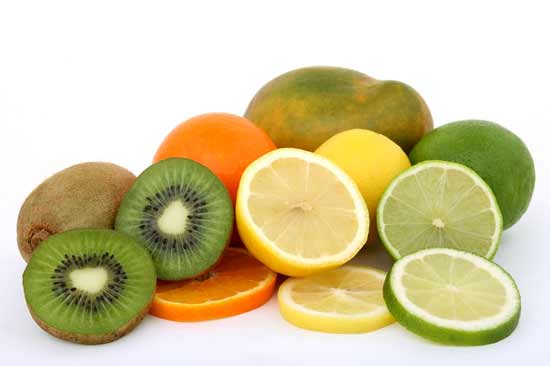CT- scan and MRI centers in Kathmandu
6 November, 2020CT- scan and MRI centers in Kathmandu...
Read More
Before starting the actual topic, I will share a short story about myself what I used to think about kidney stone when I am teenager as many teenager will read this one. I was quit puzzled about the word kidney stone and I used to think that having small stone particles in daily food leads to accumulation of stone in kidney but it is of no sense today as I am grown up medical personnel now.
Kidney stone, medically renal lithiasis or nephrolithiasis are solid masses usually originated in your kidney that can develop anywhere along your urinary tract which may be kidneys, ureters, bladder, urethra. It is one of the important topic to talk about as the pain of kidney stone is considered worse than that of child birth.
Here are the various causes of kidney stones among which many are preventable if we take care of the daily habits and lifestyle.
Its one of the major causes of developing kidney stone is low consumption of water or excess sweating which leads to decrease the amount of urine and cannot dilute the things which may form stone later on.
Food which have high content of oxalate leads to kidney stone. These food includes: spinach, rhubarb, grits, bran cereals.

Image source: drjockers.com
Consumption of red meat (which don’t include chicken) and shellfish can make uric acid rise in the body. When the urine become acidic along with rise in uric acid cause stone formation
In daily life we come table salt (NaCl) which contains sodium. Too much consumption of table salt has also been said to lead the stone formation.
Kidney stone is most common in people with inflammatory bowel disease like crohn’s disease & ulcerative colitis. Bowel problems can give you diarrhea, so you make less pee. Your body may absorb extra oxalate from intestine which increases chances of stone formation.
Stones in children are mostly due to some genetic in born errors of metabolism due to genetic or enzymatic defects. So, thorough evaluation is needed for kidney stones in case of children.
Symptoms may vary among the different people and highly depends on nature & size of stone. The most common one is pain. You may feel it:
The pain may shift around in your body, from your stomach or back down your groin. This indicates that the stone is making its way from your kidney through the ureter and closer to your bladder. When this happens, you are more likely to feel a burning when you pee and have more urges to go. You may sometime spot the stones after they exit.
If you have symptoms mentioned above, visit the doctor nearby and have ultrasound of abdomen done. Ultrasound will alone identiy the kidney stone in most of the cases.
As said “Prevention is better than cure” so do prevention is best way to deal with kidney stone. We can get rid of kidney stones by following ways:

High citrus food (Image source: urologysanantonio.com)
Treatment of the kidney stones mainly depends upon the size of stone and the location of stone. If its less than 5 mm in size and in the ureter or pelvis many of them pass on its own if you take plenty of water and fluids. Your doctor may try a specific flush therapy with some medicines.
If the size of the stone is large and localized inside the kidney, then you may need to treated by shockwave lithotripsy, passing a scope through your urethra and getting out the stone. In some cases, surgery may be required. Nowadays minimal invasive surgery are in practice where small holes are made in your back and stones are extracted.
If you have pain in back or loin, pinching in nature sometimes upto the groin and inner thigh it may be kidney stone. Visit the doctor nearby and have your kidney scanned by ultrasound. Many of the stones can be identified by simple ultrasound scan.
Leave a comment